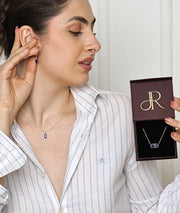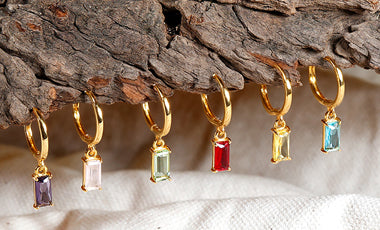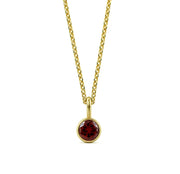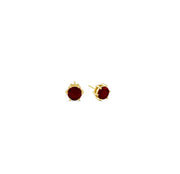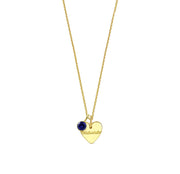When it comes to food industry hygiene, jewelry isn’t just a style choice it’s a potential source of cross-contamination. In the United States, food safety regulations require that food handlers follow strict guidelines to minimize health risks. As a general rule, only minimal jewelry is allowed during food preparation. The most commonly accepted item is a simple, plain wedding band, as it poses the least risk.
Other accessories such as rings with stones, bracelets, and wristwatches are typically prohibited due to the possibility of trapping bacteria, interfering with handwashing, or falling into food. These workplace food safety rules help ensure a clean and compliant kitchen environment, protecting both customers and staff.
Why Is Jewelry Restricted for Food Handlers?
Jewelry can pose both hygiene and safety risks in food preparation areas. Rings, bracelets, and watches can trap dirt, bacteria, or food particles, increasing contamination risks. Additionally, loose or dangling jewelry may fall into food or get caught on equipment, posing physical hazards.
Permitted Jewelry for Food Handlers
While working, ServSafe guidelines and other food safety standards allow minimal jewelry to ensure safety. Here’s what’s generally acceptable:
1. Plain Wedding Bands
-
Simple, solid metal bands without stones, engravings, or patterns are ideal.
-
Smooth surfaces are easier to clean and less likely to trap bacteria.
2. Simple Stud Earrings
-
Small stud earrings, preferably made from stainless steel or plastic, are considered safer.
-
Avoid large or dangling earrings as they pose a contamination risk.
3. Silicone Rings
-
These are becoming popular alternatives to metal bands.
-
Silicone rings are non-porous, easy to clean, and designed to break away if caught.
4. Silicone Wristbands or Watches
-
Silicone accessories are safer than metal options.
-
They're lightweight, secure, and easier to keep clean.
5. Medical Alert Jewelry
-
Medical bracelets or necklaces are sometimes essential for health reasons.
-
These should be secured under clothing or covered when possible to minimize contamination risks.

Know About: What Are the Top Jewelry Trends for 2025: Must-Have Collections
Restricted Jewelry for Food Handlers
Certain types of jewelry are best avoided while cooking or handling food to ensure hygiene and safety.
1. Rings with Stones or Patterns
-
Rings with intricate designs or embedded stones can trap food particles and bacteria.
-
Such rings are harder to clean and can compromise food safety.
2. Dangling or Large Earrings
-
Oversized earrings can fall off or touch food, creating contamination risks.
-
It's safer to stick to small, secure studs.
3. Bracelets and Watches
-
These items can trap dirt and bacteria, especially if worn around the wrists.
-
Silicone alternatives are preferred as they are easier to sanitize.
4. Loose or Hard-to-Secure Jewelry
-
Any jewelry that can't be tucked away or secured is best avoided.
-
Loose necklaces or dangling chains increase the risk of falling into food or getting caught in equipment.

Read More: Toi et Moi: The Romantic Symbol of Connection in Jewelry
Best Practices for Food Handlers Wearing Jewelry
To stay compliant with safety guidelines while cooking or handling food, follow these tips:
-
Stick to minimal, secure, and easy-to-clean jewelry.
-
Regularly clean any permitted jewelry to reduce contamination risks.
-
Use proper handwashing techniques, ensuring you clean under any rings or bands.
-
When in doubt, it's best to leave jewelry at home or store it safely away during your shift.
When it comes to what jewelry food handlers can wear while working, safety comes first. A plain wedding band, simple stud earrings, or silicone accessories are the safest choices. By following these guidelines, food handlers can maintain hygiene standards and ensure the food they prepare remains safe for everyone.

